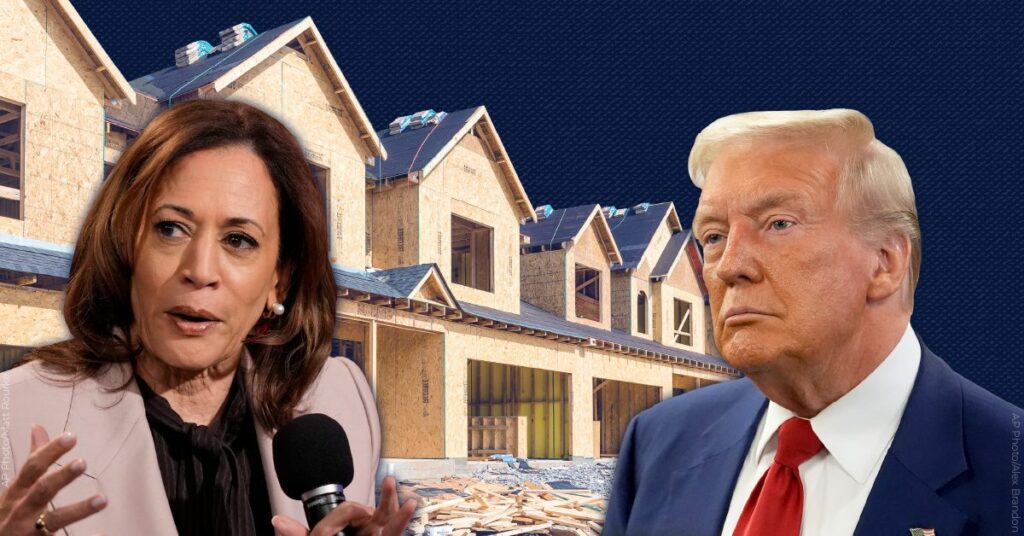Harris pledges to expand housing by three million homes, offering $25,000 in down payment aid for first-time buyers
Pennsylvania is grappling with a housing crisis. In Sept. 2020, the median home price in Pennsylvania was $230,400. By July 2024, it soared to $307,300, a 33% increase, according to Redfin. Renters are also paying more with median rent for a one-bedroom apartment doubling to $1,550, per Zillow.
The shortage of affordable housing is straining families and has become a focal issue in the presidential election.
Kamala Harris’ housing strategy aims to boost supply and reduce costs
Democratic nominee Kamala Harris has spotlighted housing costs on her campaign, sharing personal anecdotes about her mother’s journey to home ownership. Harris has released a plan to tackle the housing crisis by increasing supply and aiding middle- and working-class families in home buying.
Harris plans to expand the Low-Income Housing Tax Credit and introduce a $40 billion tax credit to facilitate new housing construction. This aims to create three million homes by 2028. Additionally, she proposed up to $25,000 in down payment support for lower-income first-time homebuyers.
Harris supports the Stop Predatory Investing Act and the Preventing the Algorithmic Facilitation of Rental Housing Cartels Act to address rent hikes and unethical rent-setting practices. She also backs President Biden’s proposal to cap rent increases and withdraw tax credits from landlords who raise rent by more than 5% annually, affecting 20 million units nationwide, according to the White House.
Trump’s housing plan remains vague
Donald Trump attributes housing shortages to immigration, suggesting deporting immigrants will reduce demand. However, policy experts agree that the core issue is a supply problem. Trump’s plan to deport undocumented immigrants could worsen the crisis, as about 20% of the U.S. construction workforce is undocumented.
Trump has mentioned opening federal land for development and addressing supply chain issues but has not detailed these plans. His 2017 tax law created “opportunity zones” to encourage investment in low-income areas, yet a 2022 analysis found these zones benefit wealthy investors more than the communities.
Project 2025 offers further insight into Trump’s housing policies, focusing on reversing Biden’s progressive housing regulations and evicting mixed-status families from federally assisted housing. The plan also recommends selling public housing land to private developers and discarding “housing first” models of assistance.





